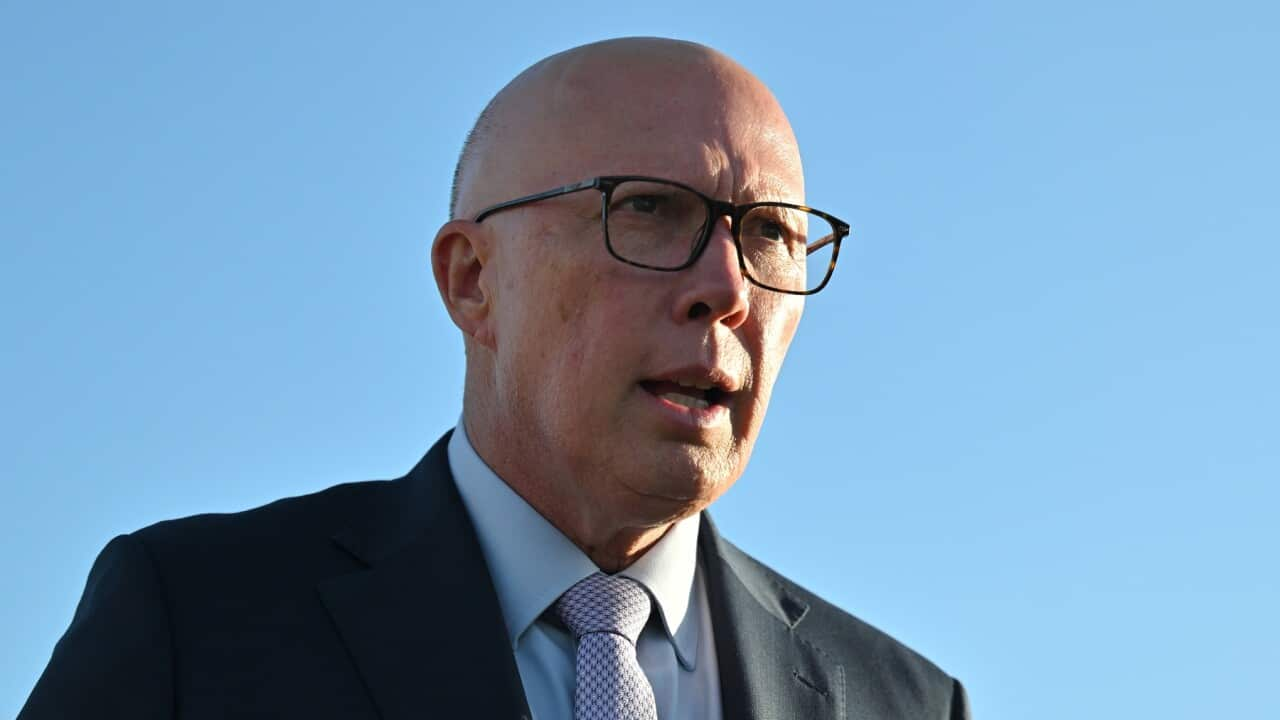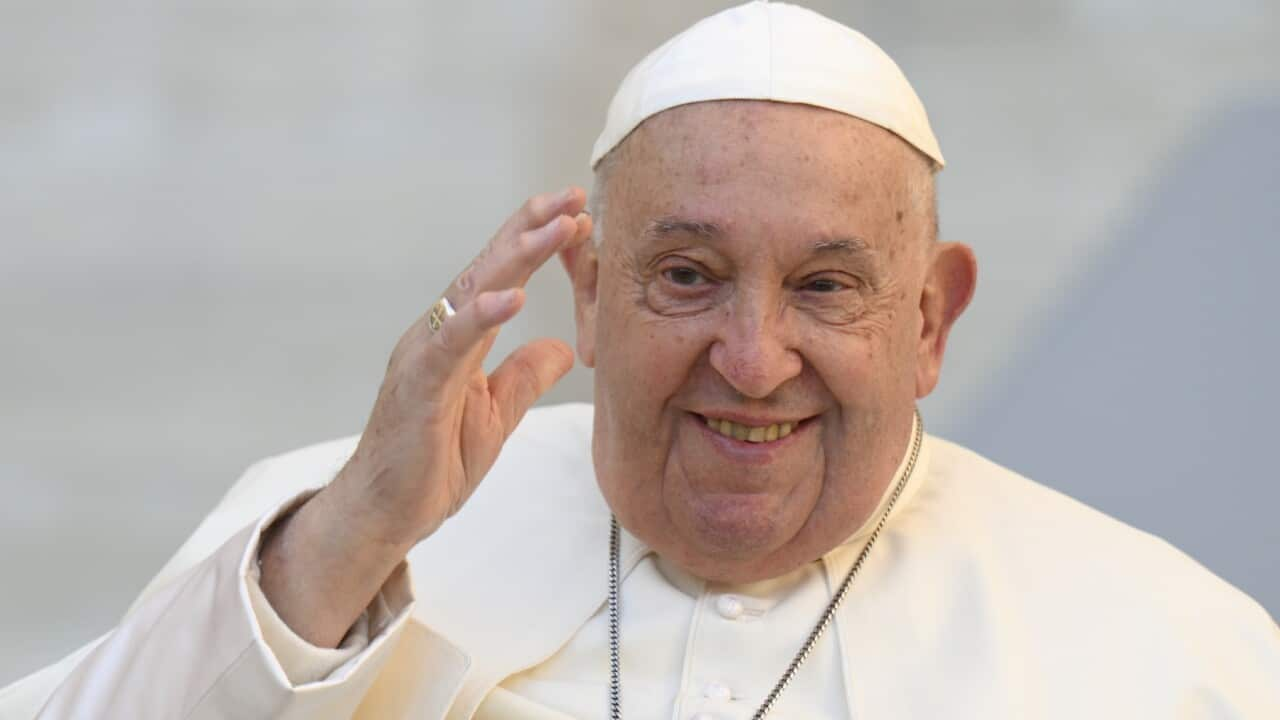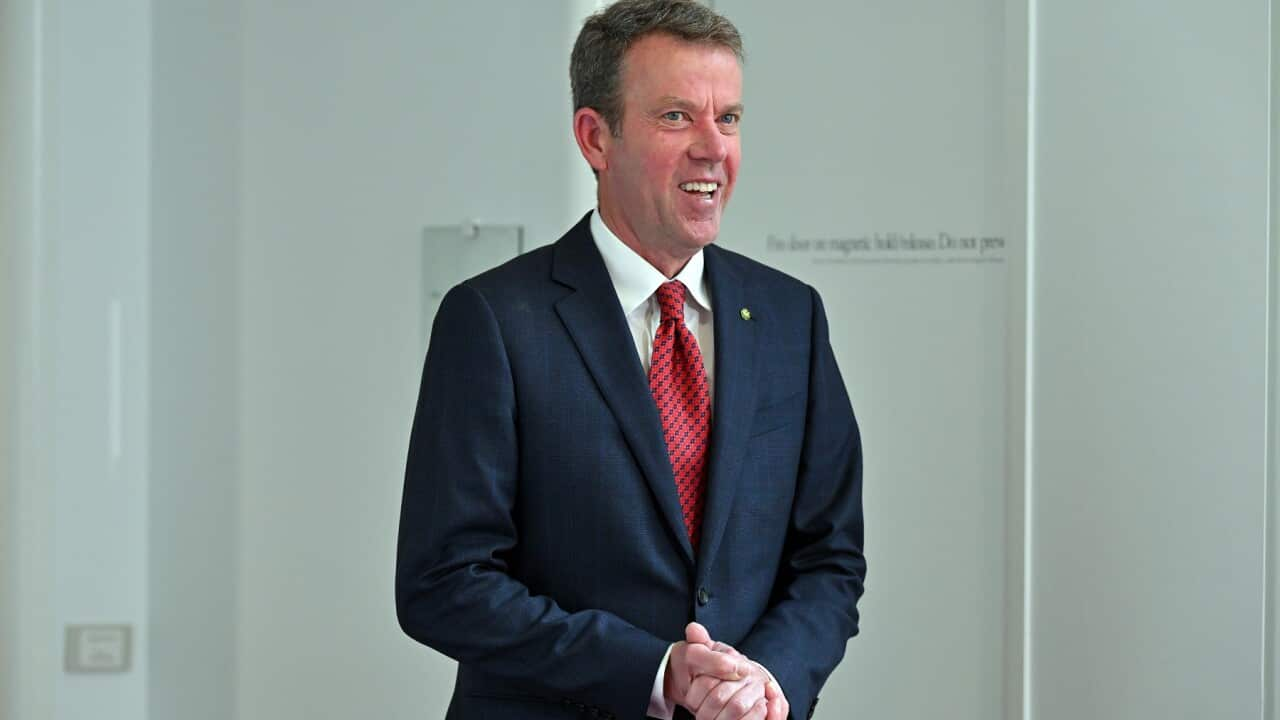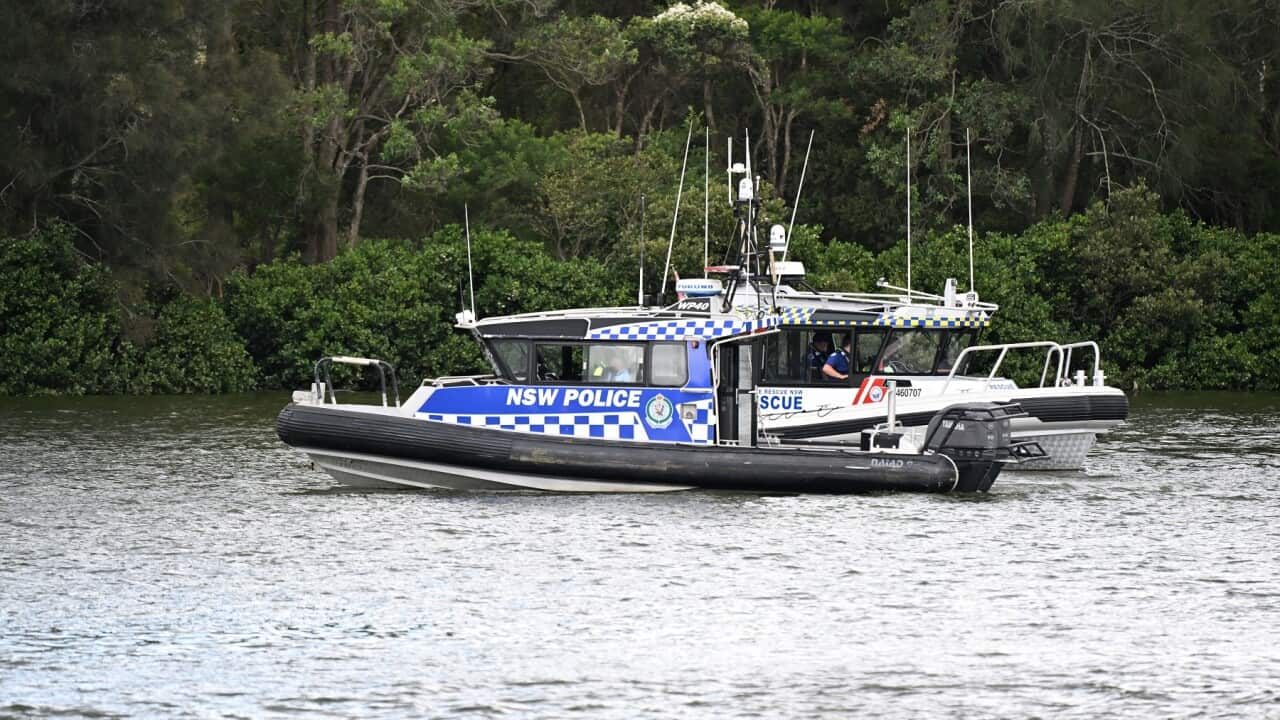TRANSCRIPT:
There's chaos on the streets of Morocco, after a 6.8 magnitude earthquake struck the city of Marrakesh and its surrounding towns on Friday night [[Sep 8]].
Morocco's interior ministry says more than 2,000 people have died, and over 1,400 people have serious injuries.
The epicentre was in the High Atlas Mountains, 71 kilometres south-west of Marrakesh - a popular tourist destination with world heritage status.
Australian tourist Tri says she was on a tour in Marrakech when her group was forced to evacuate.
"We just went to bed and then we didn't go to bed - because the room started shaking. It was just - the room started shaking. There's no other way; we were going back and forward and everything started moving and pictures started moving. And so we just grabbed some clothes and our bags, and we raced out."
The tremors were also felt in the capital Rabat, 350 kilometres away, as well as Casablanca, Agadir and Essaouira.
Many residents are still in shock.
"I was visiting people in the same building on the third floor. Suddenly we saw things falling from above, like dishes and other things that were fixed to the wall. We were unable to sit or stand, then we fled outside the home, the same as all the other people. Really the earthquake was very strong."
It was the deadliest earthquake for the country since 1960, when Agadir was devastated by a 6.7 magnitude tremor - killing 12,000 people.
King Mohammed VI has declared three days of national mourning, and ordered shelter, food and other help for survivors.
He has also ordered armed forces to assist rescue teams, and Moroccans are donating blood as part of the national effort to help victims.
But scores of people are displaced.
The fear of aftershocks has prompted many to sleep outside, while also being desperately short of food and water.
"A lot of people slept on the streets last night, so there is a lot of garbage around from people sleeping outside, not necessarily damage - because they felt it was safer to sleep outside than inside their homes. So at the moment we're just really unclear about what to do next."
In remote mountain areas, entire villages are reported to have been flattened.
But such places are hard to reach, with mountain roads scattered with rocks and other debris, making access difficult for emergency services.
Residents of the Old Medina in Marrakech have returned to their homes to assess the damage.
Zouhair Mouktafi says he feels lucky his entire family wasn't home at the time of the earthquake, as it was completely destroyed.
"Thank God that there was no person here, well only one person. A stone fell on his shoulder, and they said that he had a little injury. Thank God there were no other people here, otherwise their fate would have been death. Anything from God is welcome. We hope from God that this the last of sorrows."
The Moroccan government has not formally asked for assistance from the international community, which is a step that's required before outside rescue crews can deploy.
Still, the United Nations says it is ready to help - and similar pledges have come from several countries including Spain, France and Israel.
Acting Australian Prime Minister Richard Marles has told Sky News the federal government will offer its support as well.
"This is a part of the world that many Australians have visited, so I know that there will be an enormous amount of concern and sympathy for the Moroccan people. We'll obviously talk closely with the Moroccan government about ways in which we can help. We do have an embassy in Rabat, and there are investigations now about whether or not Australians have been caught up in the earthquake. My latest advice is that it doesn't appear that any have, but obviously it will be a situation which will be closely monitored as well."













